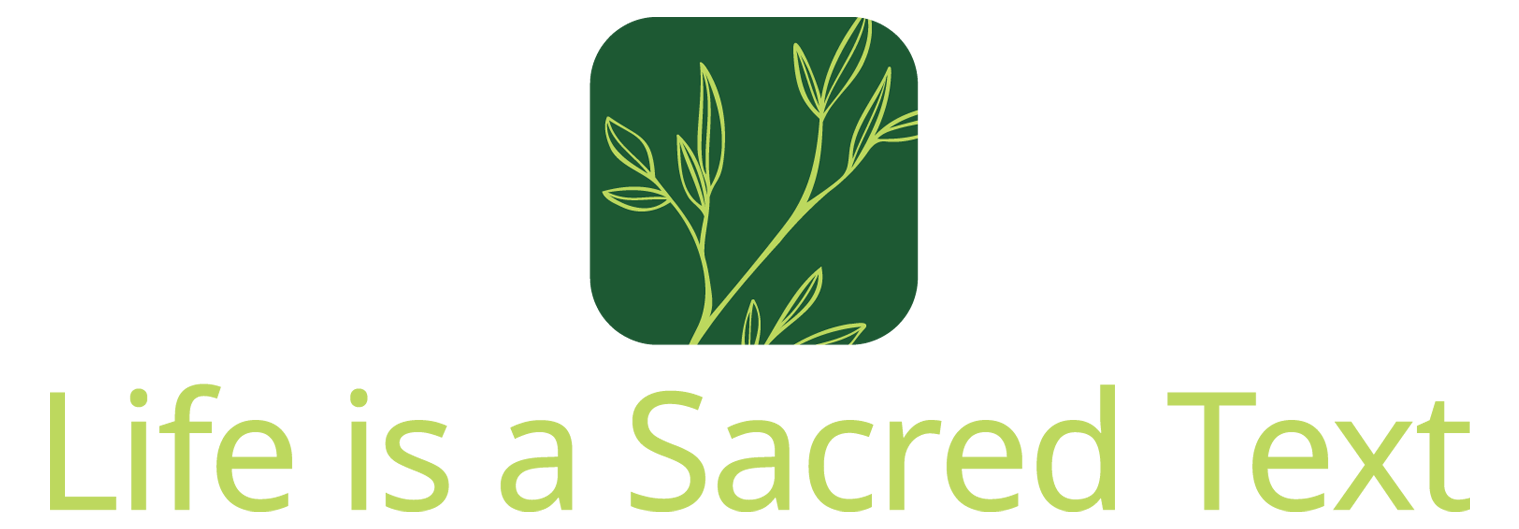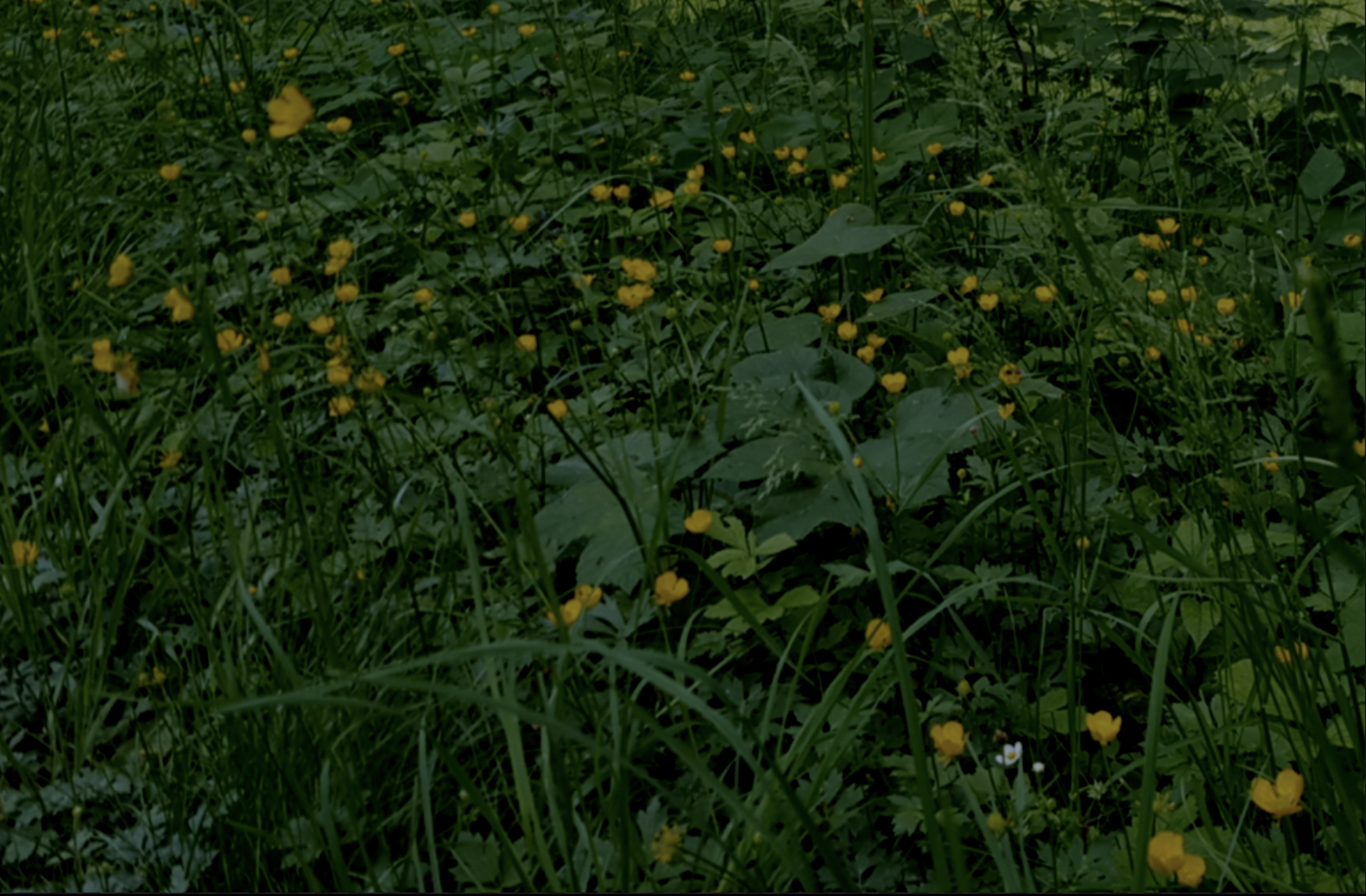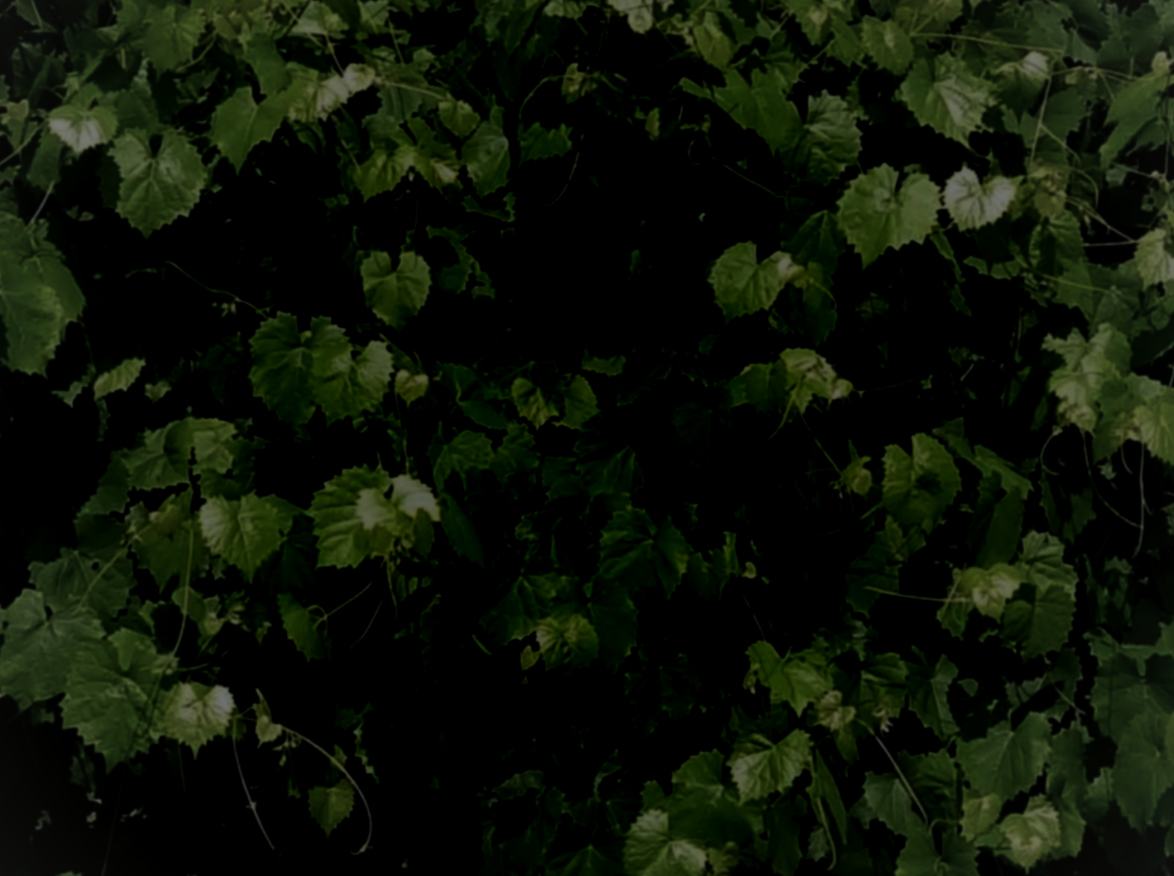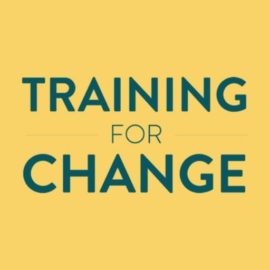our place in the justice paradox
gird your loins
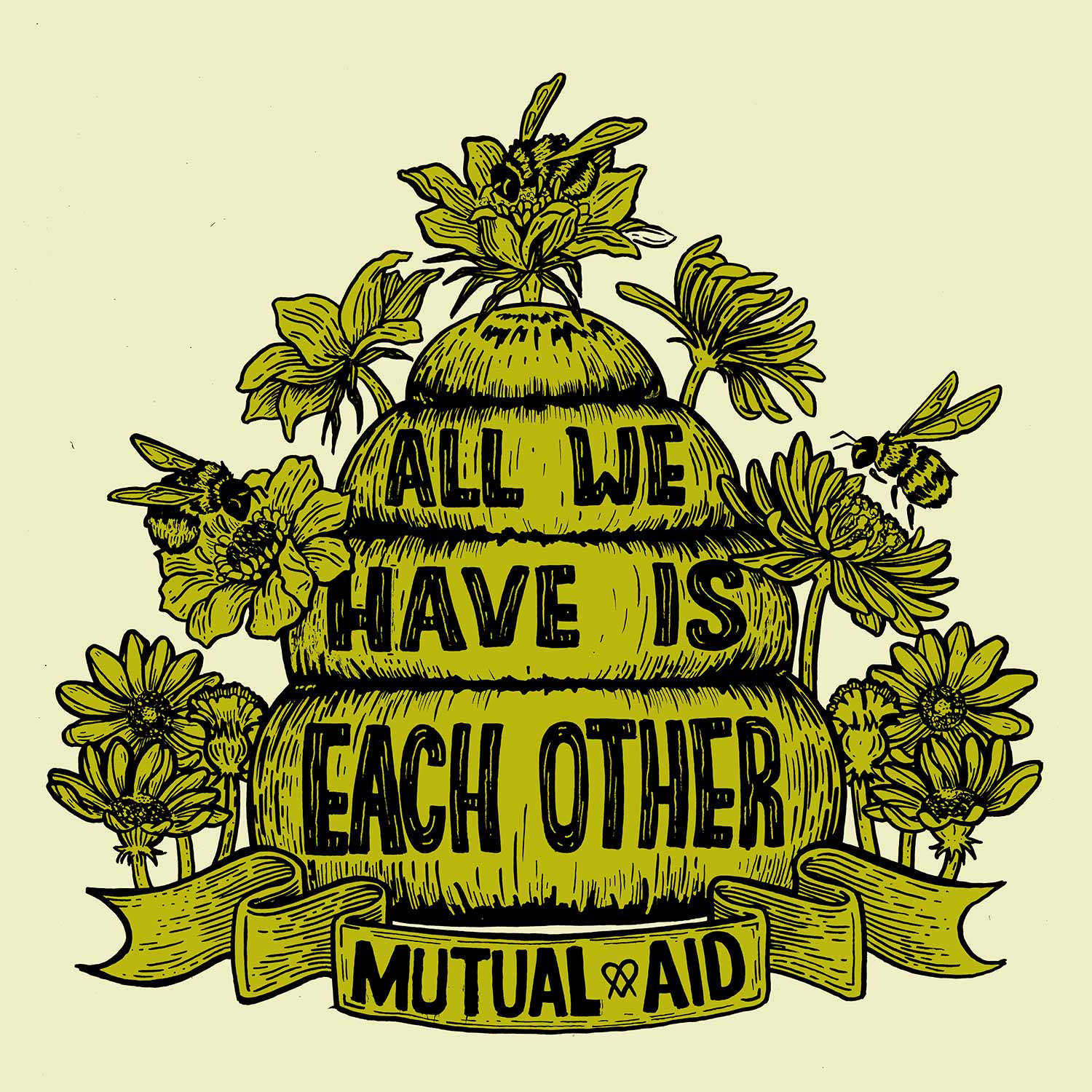
This is Life as a Sacred Text 🌱, an everybody-celebrating, justice-centered voyage into ancient stories that can illuminate our own lives. It‘s run on a nonprofit, so it’s 100% NAZI FREE. More about the project here, and to subscribe, go here:
We've been hearing for some time about the Trump's and the Senate's plan to steal over a trillion dollars away from the country's most in need, slashing programs like Medicaid and the Supplemental Nutrition Assistance Program (SNAP), which provide healthcare and food aid to tens of millions of low-income Americans– in order to give it to the nation's wealthiest Americans and corporations, in the form of tax breaks. We've also been hearing that he's been threatening to order a crackdown on the encampments of those who are unhoused in DC– arresting those who have nowhere else to go.
We know, more broadly, that Trump, being guided by the actual wealthiest human on the planet and surrounded by broligarchs, is making economic choices that will devastate the middle- and working-class and those even more struggling to get by, and may yet go in even more chillingly libertarian dystopian directions to suit their agenda.
Perhaps it's time to look at the Justice Paradox of Deuteronomy 15:
There shall be no people struggling to get by among you—since God your God will bless you in the land... if only you heed God your God and take care to keep all these commandments that I command you this day. For God your God will bless you as promised....
When, however, there is a person struggling to get by among you, one of your kindred in any of your settlements in the land that God your God is giving you, do not harden your heart and shut your hand against your struggling kindred. Rather, you must open your hand and lend whatever is sufficient to meet the need. (Deuteronomy 15:4-8)
Wait, so– if you follow all the mitzvot, you'll get blessed by God, and then there won't be any people struggling to get by!
Except that when there's someone struggling to get by... here's what to do?
Doesn't this imply that this "sometimes people might be in rough spots" thing might be inevitable, no matter what we do? But didn't we just do all the right things, and so there aren't people struggling to get by anymore?
Huh?
Luckily, we can call upon the help of the brilliant Rabbi Jill Jacobs, CEO of T'ruah: The Rabbinic Call for Human Rights and author of an excellent book titled after the above passage, There Shall Be No Needy: Pursuing Social Justice Through Jewish Law and Tradition.
Jacobs writes,
A common debate among those involved in antipoverty work concerns the relative value of direct service addressing immediate needs and of advocacy or organizing addressing the need for systematic change. Advocates of direct service argue that [people who are] hungry need to be fed today and that [those who are unhoused] need somewhere to sleep tonight. Those who prefer organizing or advocacy point out that soup kitchens and shelters will never make hunger and homelessness disappear, whereas structural change might wipe out these problems.
The Deuteronomic response to this debate is a refusal to take sides, or better, an insistence on both. Rather than advocate exclusively either for long-term systematic change or for short-term response to need, this passage articulates a vision that balances the pursuit of full economic justice with attention to immediate concerns. In this reading, the text in question becomes a charge to work for the structural changes that will eventually bring about the end of poverty while also meeting the pressing needs of those around us.
So, first of all, that first passage (aka "Do all the mitzvot, get blessed, there will be no people in need,") requires understanding that "mitzvot" here are not– have never been !! – just about Shabbat and keeping kosher or putting on tefillin or etc., but rather about implementing all of the profound structures of economic justice that the Torah has been telling us all this time to do (and about which Deuteronomy is particularly keen), including things like labor justice and im/migrant justice.
And here, Jacobs is saying, it's important to understand that the text understands the necessity of these systems.
Set everything up for the long haul.
We can't make things better if we don't work for a world that is, ultimately, more whole in the future.
And yet– she's suggesting that the Torah is also saying, "AND, in the meantime, while we are working for this more complete world, when there are people who are hungry, we make sure that they get fed."
Care for people today.
That policy work isn't the only way, and when there are people in front of us, we have to show up for them. When there are people who are unhoused, we make sure they have homes. It's not a question.
So, like the memes go, when presented with the question of either/or, in this case, as so many others, the answer is:

And our obligations to care for others– to set up systems for today as well as to work for tomorrow– are deeply ingrained in Rabbinic Judaism.
Work for a safer, more whole today? Check.
Fight for a more whole, more free tomorrow? Check.
Leave people alone for solitary boostrapping? Not here. [[1]]
And while there's a version of the rest of this post in which I take you on a journey through Rabbinic sources on addressing poverty or other social issues– there are a lot, and they are, in fact, very interesting– I'd rather show you some more applicable-to-this-moment versions of what "we must address the needs of now and work towards the long term, both," might look like.
So gird your loins:
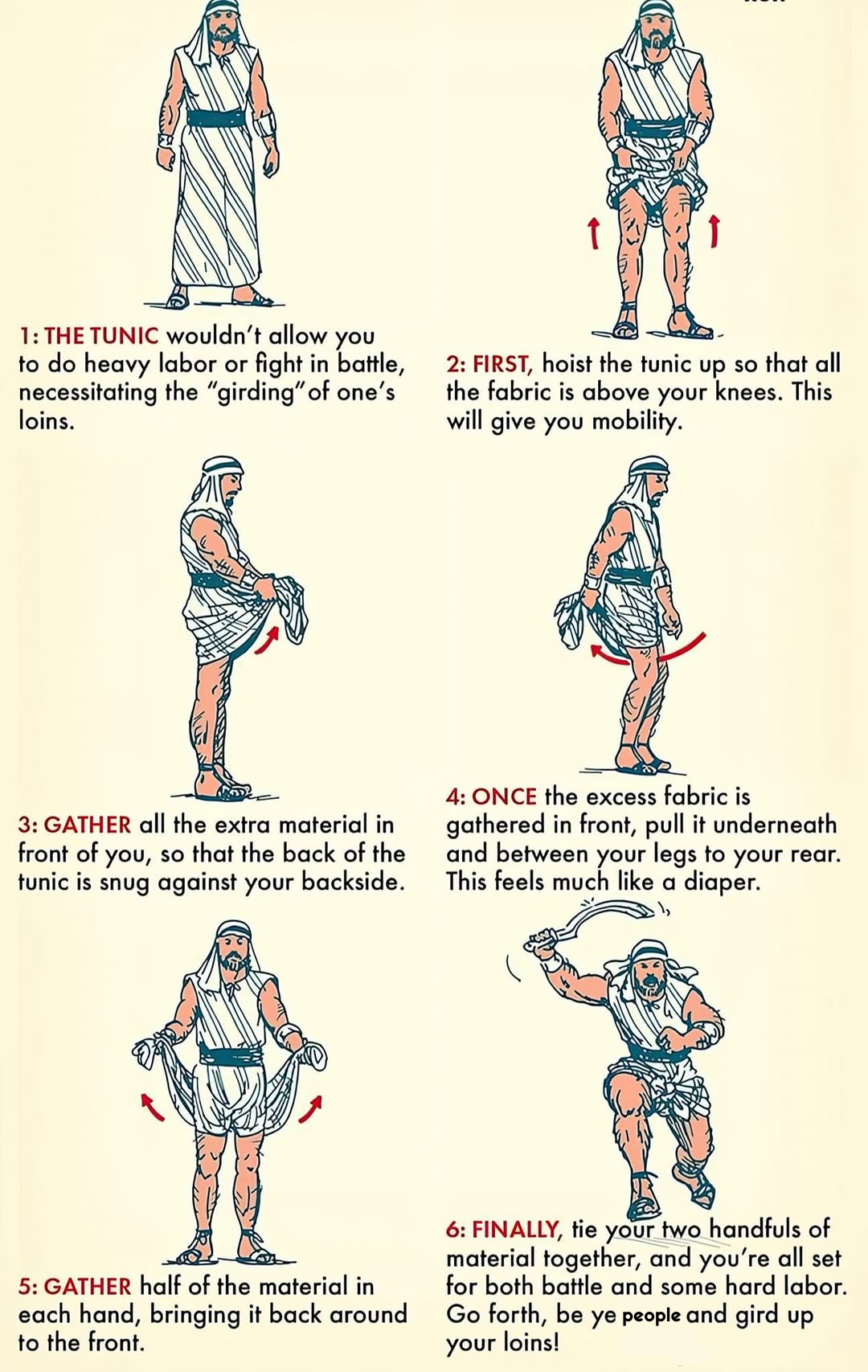
Part One: Storytime:
Claude Cahun, the queer nonbinary French-Jewish photographer, was living on the island of Jersey with their partner, Marcel Moore, when Nazis conquered France and decided to make the place a location for training soldiers.

They used Surrealism for the dissemination of disinformation and the absolute smashing of Nazi morale.
They slipped anti-fascist poems into the pockets of soldiers' uniforms at the laundry.
They wrote fake letters in German, urging new recruits to desert, and left them under windshield wipers.

They stole propaganda posters and cut them up into resistance flyers, which they hid inside cigarette boxes and left around town for soldiers to find.
They'd use any opportunity they had to get the soldiers little bits of paper that said things like, “the war [is] lost” and that the soldiers should “look out for themselves.” They called Hitler a “vampire.” One note read, “Nobody dies for us.”
By the time they were caught in 1944, the Germans were convinced that Jersey was home to a full-on resistance movement, never understanding how much of it was due to the work of a pair of middle-aged queers.
(Yes, it was serious, but this tale has a happy ending: The Nazis sentenced Cahun and Moore to death, but the Germans lost the war first, so Cahun & Moore lived. Ha.)
"What can I do against government cruelty, I'm just a..."
What could a weirdo photographer Surrealist do in the face of horrific fascism? Convince the Germans that two people was a massive resistance movement, and absolutely slaughter morale with a bunch of running pranks, it turns out.
It's all about figuring out what your lane is, and committing to it.
No matter what you're bringing, you can have an impact.
Part Two: Resource Time
You might have heard about mutual aid networks already. You might already be involved with one. It's a way for people in the community to support one another in the ways that they need it. It's less about one-way philanthropy ("us vs. them") and more about solidarity, relationship, connection, and reciprocity.
The idea of mutual aid is thought to originate with Peter Kropotkin, a Russian anarchist philosopher (and friend of Emma Goldman), who argued against Darwin’s theory on survival of the fittest in his 1897 work Mutual Aid: A Factor in Evolution. Unlike Darwin, he suggested,
“the groups that prospered in evolutionary terms were those that practiced cooperation.”
There are myriad examples throughout history, from medieval craft guilds and the activities of unions at various points, the Black Panthers' program providing free breakfast to schoolchildren, a bunch of groups post-Hurricane Katrina and other disasters, and of course there's been a huge surge in the practice since the COVID pandemic.
Which means that now, people have gotten fairly well-organized– many mutual aid groups exist, maps to find them exist, and guides to create new ones exist.
When, however, there is a person struggling to get by among you... (Deuteronomy 15:7)
If this seems like a way to connect that feels like your way, here are some maps and a few other starting points with links to get you going. You can also search "mutual aid [your location]" to see what else comes up, since it's unlikely that any of the below are complete or fully updated. And the last of these three includes information on starting your own mutual aid network; as tempting as it is to pour tons of information here, there's a ton of stuff online that you can find yourself if that's the route you're looking to take.
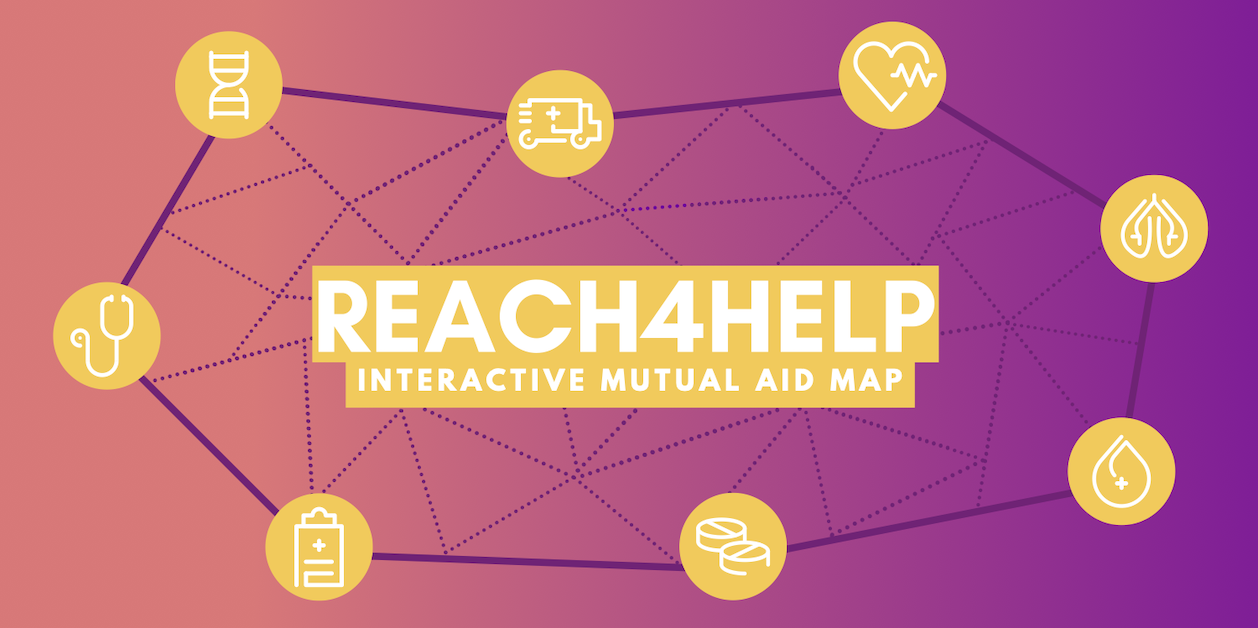


Part Three: Inspiration Time
There shall be no people struggling to get by among you! (Deuteronomy 15:4)
We must change what's happening now, so that tomorrow will look different from today.
The always-wonderful Rebecca Solnit now has a newsletter (using Ghost, the same nonprofit platform Life is a Sacred Text is on, because NAZI FREE is the way to go). [[2]]
You may recall that not long ago, I wrote a piece with an organizing playbook taking many cues from the work of Dr. Erica Chenoweth:

If you haven't read this yet, it might be useful?
Well, one of Rebecca's first editions includes an interview with Dr. Chenoweth which, of course, has additional important insights for this moment.
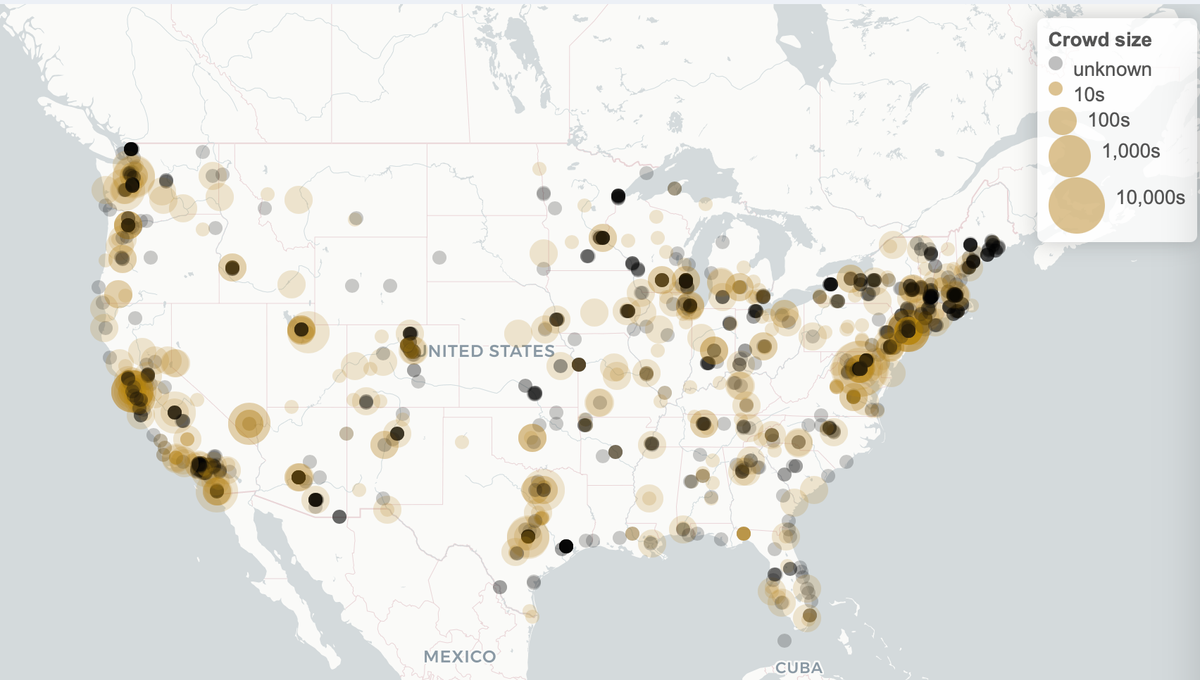
You should read this whole thing in addition to the excerpts below.
Speaking of multiple ways to effect change, Dr. Chenoweth says,
(Emphasis mine):
Last night I was re-reading a paper that Zoe Marks and I wrote in 2022 about how U.S. civil society might prepare for a moment like this... we concluded that we would ultimately need to build ... a coalition of pro-democratic grassroots and grasstops [high profile] civic groups, political leaders, business leaders, faith leaders, unions and workers’ groups, and the like, working in concert at the local, state, and national levels to build and implement a strategy for expanding democracy in the US. An effective strategy would combine legal, institutional, and civil resistance methods to advance the pro-democratic agenda.
It would spell out a positive and optimistic vision for the country, rather than a defensive strategy. It would be disciplined and resilient to inevitable setbacks, and it would mobilize mass protests or strikes as it saw opportunities to turn its power into tangible leverage.... Successful democracy movements of the past have found ways to build these capacities under authoritarianism, even if they weren’t engaged in constant street protests over the life of their movement (they mostly weren’t). [Lots of concrete historical examples in the piece, which you should read in full].
There are countless tactics and strategies available, though there is no cookie-cutter recipe to apply in any one case. But I think one main lesson that emerges is that, in order to have the capacity to develop winning strategies and tactics, a broad-based coalition is really vital. Focusing on building that capacity, those connections, and that coalition around shared values, from the neighborhood to the national level, would be very useful.
This thing I keep saying: Find your place on deck. We need the healers and the frontline responders and the people making sure people have food and housing today–
and the people saving the data on the websites that the federal government is deleting and the people warning us about storms and the people organizing us in coalitions on the local level, the state level, the national level and the people coming up with big-picture strategy–
and the chaotic Surrealist artists disrupting the day to day! –
we need every single role that there is. Here's another way to think about it, if it helps. The resources above and below aren't meant to overwhelm. Pick one. Just one. And then if you have it in you, go to another one. Let them inspire you and help you find your way.
Gird your loins.
We have work to do.
🌱
Like this? Get more of it in your inbox every week.
For free every Monday—sign up at the ‘Subscribe now’ button just below.
And if you become a paid subscriber, that's how you can get tools for deeper transformation, a community for doing the work, and support the labor that makes these Monday essays happen.
A note on the subscription model:
I want my work to be as accessible to as many people as possible, in as many ways as possible. That's why the Monday essays are free, and why we donate subscriptions to anyone for whom paying is a barrier to the House of Study posts.
I also believe people should be paid fairly for their work. Needless to say, these two values sometimes seem to be in conflict, but I do what I can to find a fair balance. I offer many resources for free, and charge for others. When you donate generously or pay at the top of our scale, that helps support the work I do, provides access for those who have fewer resources, pays for the infrastructure and the technical and practical support that it takes to do this, and helps us keep the work sustainable.
And as always, if you want in to the Thursday space but paying isn't for you now, just email support@lifeisasacredtext.com and we'll hook you up.
And if you’d like to underwrite one of these donated subscriptions, you can do so by signing up at one of the higher subscription points.
And if it resonated with you, please share this post.
Sending a big pile of blessings and goodness your way. 💕
O HAI LET US LEARN THINGS
The first seven links are recommendations from Dr. Chenoweth, via their interview with Rebecca Solnit, above. Again: read the whole thing. AND engage with these things as well.


A database of nonviolent campaigns of many different types, with descriptions of the methods used.

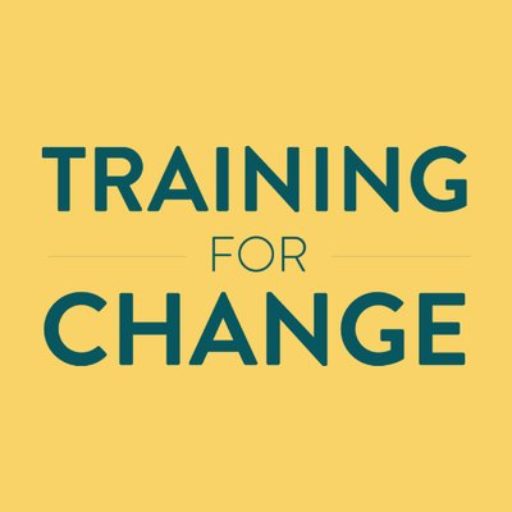
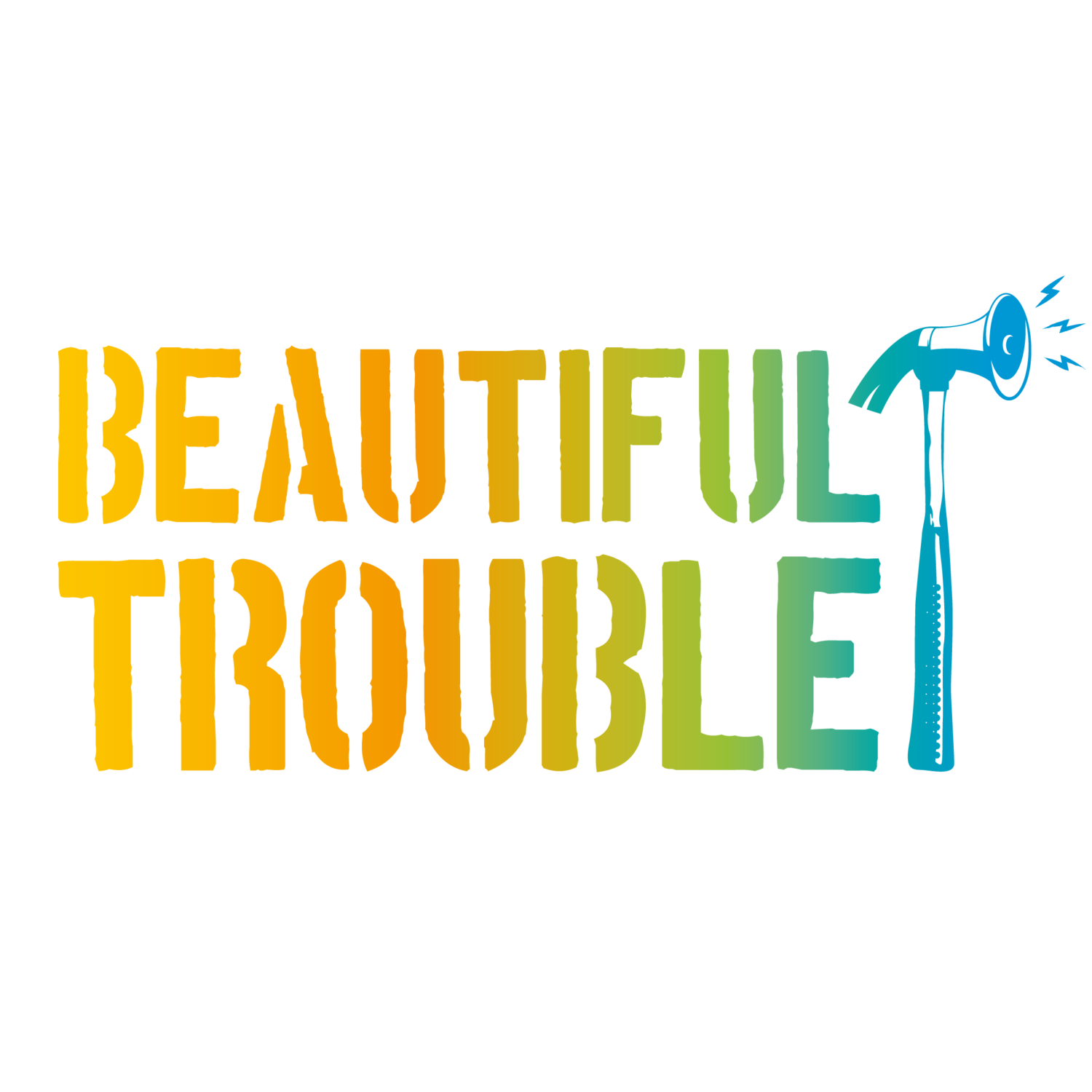
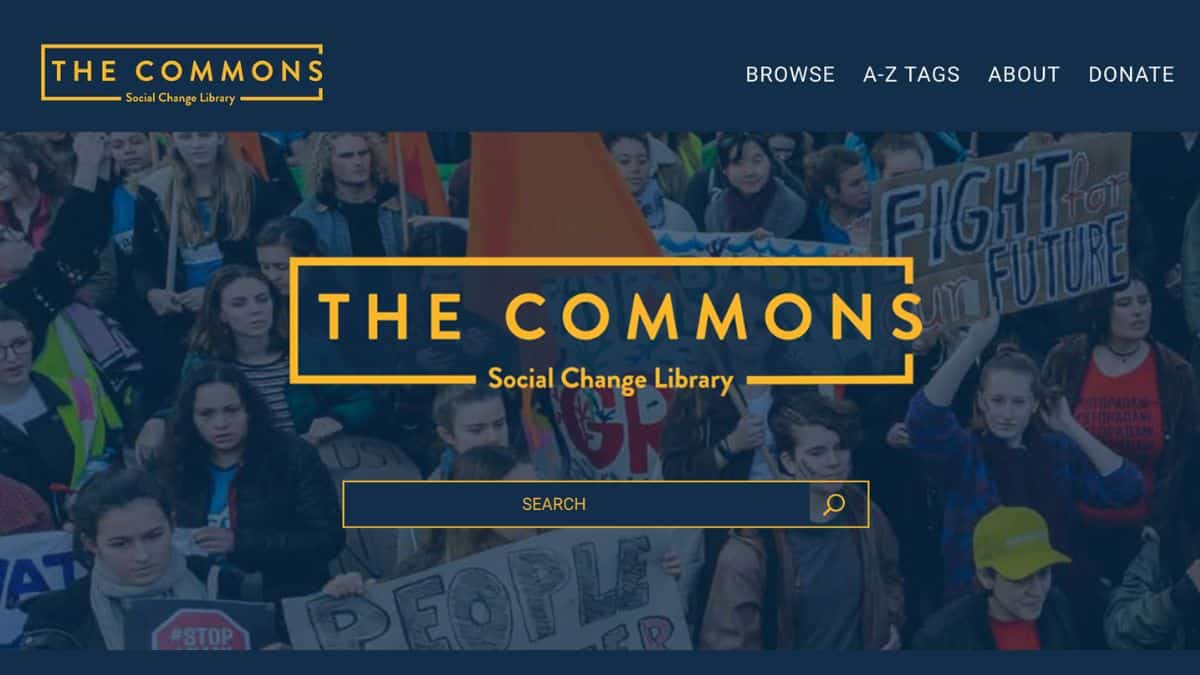
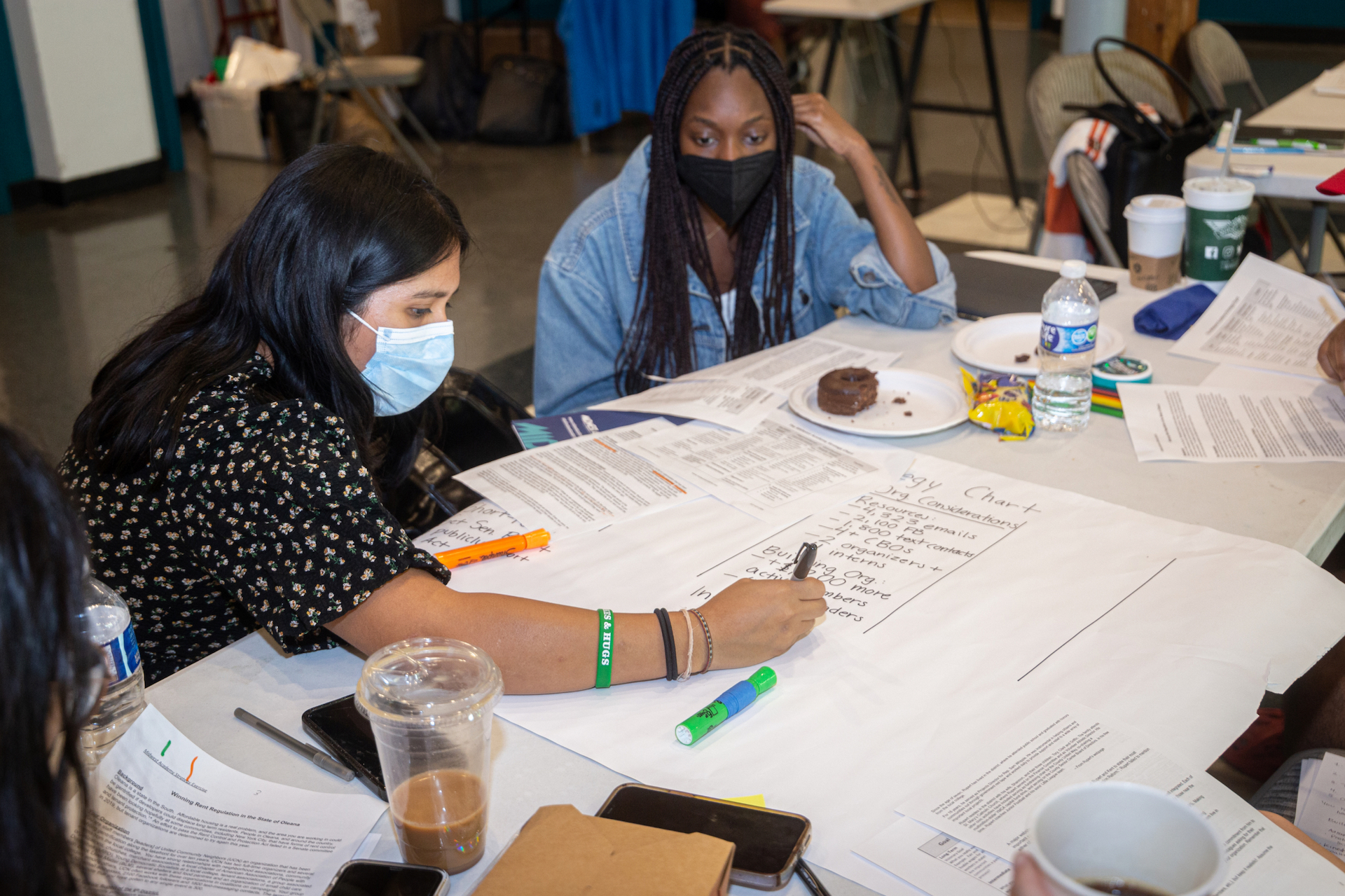
A bunch of trainings coming up this year, in various cities and virtually.
FOOTNOTES
[[1]] This might be a good time to note that the origin of the phrase "pull up by [one's] bootstraps" was actually from a 19th c. physics textbook that asked, "Why can not a man lift himself by pulling up on his bootstraps?” as a facetious example– eg, of something that can't be done. *looks at the camera.*
[[2]] Substack has long had a Nazi problem, which is why I left at the end of 2023 and moved over to this lovely nonprofit, Ghost, that really, as far as I can tell, works to live its values. And recently the CEO of Substack doubled down on his "free speech for my wallet" stance, defending everybody's (least) favorite racist billionaire, Elon Musk. Happy to talk to you about switching over to Ghost if you have a Substack, happy to share my referral code here.
